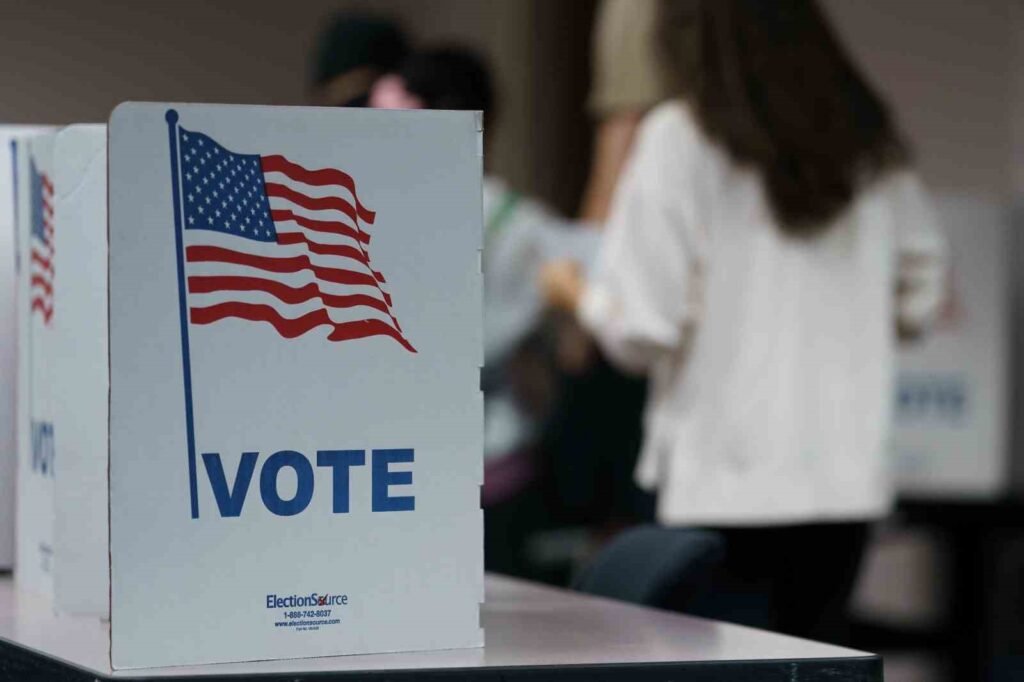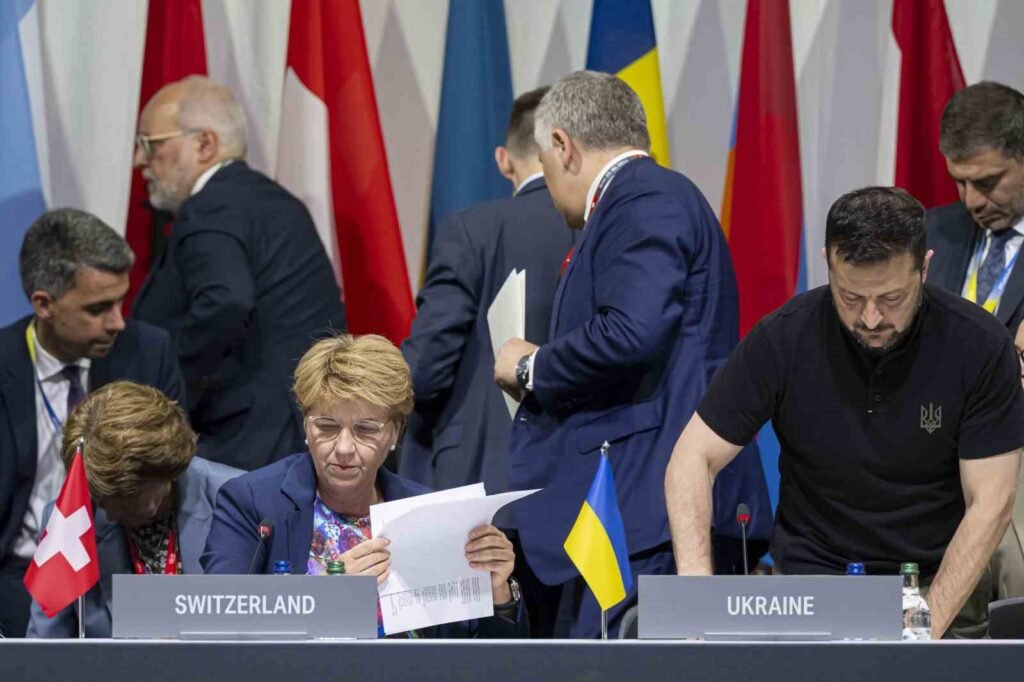The first polls closed in the presidential election in the USA
Voting counting began with the closing of the polls at 18:00 local time in the eastern regions of the states of Indiana and Kentucky. The US elections, in which millions of Americans went to the polls to cast their votes, are approaching their end. The country’s …

Voting began with the closing of polls at 6:00 PM local time in the eastern regions of Indiana and Kentucky as millions of Americans headed to the polls for the U.S. elections. The polls in Indiana and Kentucky, known to have a predominantly Republican voter base, closed at 6:00 PM local time, marking the start of the vote counting process. These states are not considered swing states that will determine the outcome of the election this year. According to the first closed polls, Trump is leading in these states.
Trump’s Fraud Claims
Trump made a statement on his social media account alleging fraud in Philadelphia, saying, “There is a lot of talk about the big fraud in Philadelphia. Law enforcement is coming.”
Swing States Will Be Decisive
In the election, the “swing states” consisting of Pennsylvania, Georgia, Arizona, Nevada, North Carolina, Michigan, and Wisconsin will be decisive. Pennsylvania, which has the largest population among the 7 swing states and has been a focus of Trump and Harris’ campaigns, stands out as the state with the highest possibility of determining the new president.
Record Levels of Early Voting
The early voting rate before the election reached record levels in U.S. history. According to the latest data released by the University of Florida Election Lab, out of approximately 240 million registered voters in the U.S., 82 million 713 thousand 594 voters participated in early voting. About 45 million voters cast their votes in person, while approximately 38 million voted by mail. The early voting data indicated a predominance of female voters, and the Harris campaign team expressed optimism about winning the election based on these data.
Candidate with a Simple Majority Will Win
In the U.S., which has an Electoral College system that allows the candidate with the most delegates, not necessarily the most votes, to become president, each state has a certain number of delegates. The party that receives the majority of votes in any state gains all of its delegates. The candidate who reaches the simple majority of 270 out of 538 total delegates nationwide becomes the winner of the presidential election.






